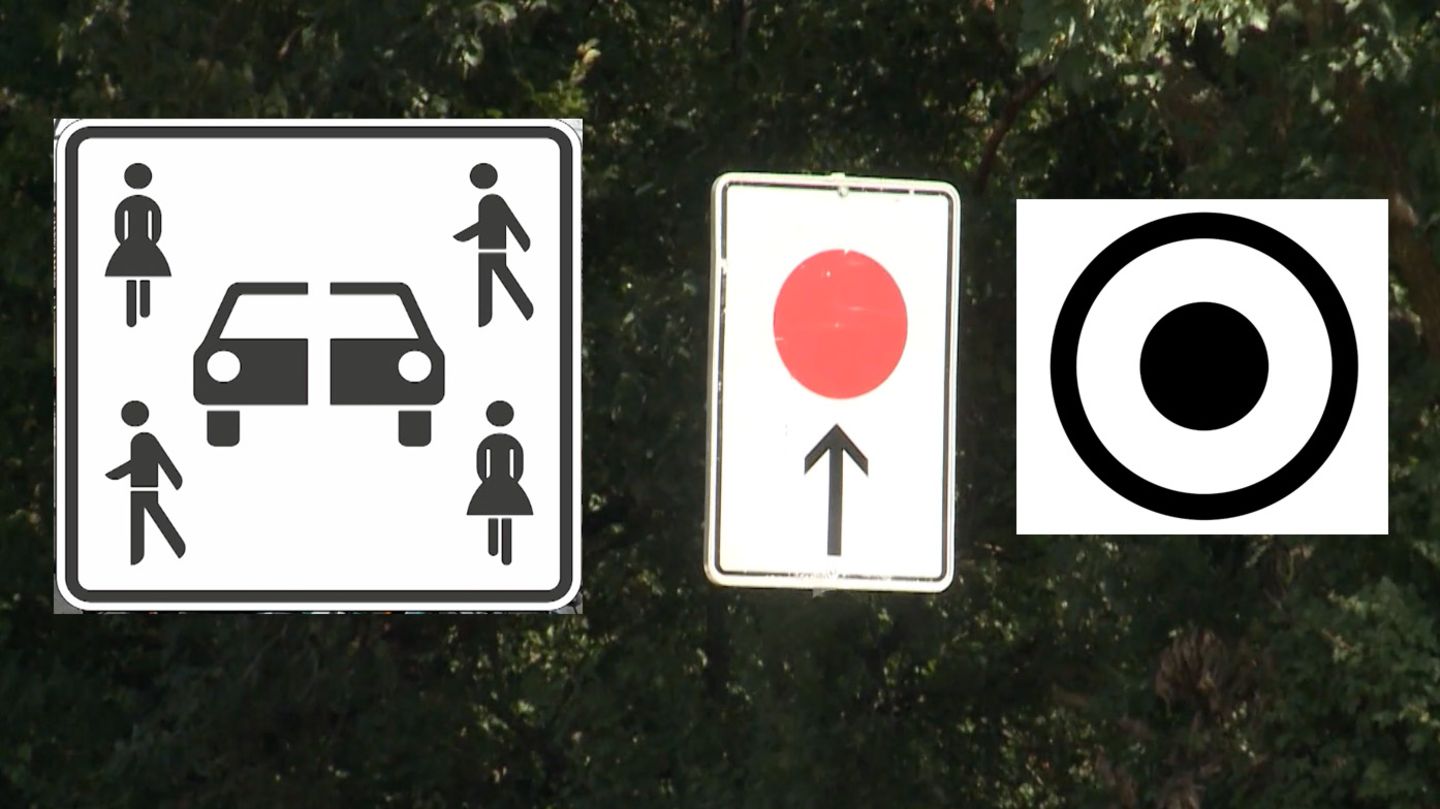The 1841 Foundation published the Fiscal Hell Index, in which it evaluated a total of 82 countries in America and Europe in matter tax and depending on the tax pressure that is experienced in each particular economy. Uruguay It was among the best, with a normal situation.
For the second consecutive year, the non-profit foundation directed by the Argentine lawyer—specialized in structuring and preservation of assets— Martin Litwak created the ranking of “tax hells”countries that are defined as those that “in addition to having—generally—a great fiscal voracitythey also offer low or no legal security”.
“The condition of ‘fiscal hell’ is not limited only to being a country where taxpayers pay a lot, but is a broader and more complex concept. Although the fiscal pressure is what carries the greatest weight, we believe that a ‘fiscal hell’ does not refer only to a country with high taxesbut rather one in which the rule of law is weak and the rights to privacy and property are not adequately applied or protected,” said the founder of The 1841 Foundation.
The work, which has the purpose of “establishing a framework of reference on those jurisdictions that combine high tax regimes with bad government practices”, differentiated the countries evaluated into three groups: from position 1 to 13 in the ranking are those considered fiscal hells; from place 14 to 32, those who are at risk of becoming one; and from 32 to 82, the countries in a normal situation.
Measurement has a part quantitative (60% of the total score) where elements such as “tax pressure measured as total taxes as a percentage of the Gross Domestic Product (GDP) of the country”, “debt pressure measured as the total public debt over GDP”, “inflationary fiscal pressure measured as an inflation index” and “potential fiscal pressure measured as the difference between public expenditure and revenue in relation to the GDP”.
The other part is qualitative (40% of the total score) with elements such as “voice and accountability”, “rule of law”, “quality of regulation”, “political stability”, “state effectiveness” and “control of corruption”.
How did Uruguay do in the ranking?
Uruguay was positioned in the 72nd place with a score of 4.4 —6 points in the quantitative measurement and 2 points in the qualitative measurement—, which is why it was among the best countries. Likewise, in Latin America and the Caribbean was only surpassed by Puerto Rico (70°) and Aruba (71°). Of South Americameanwhile, was the best locateda situation completely opposite to that of the main partners in the region, Argentina and Brazil, which were classified as fiscal hells when placing 3rd and 5th positions, respectively.
The top positions in the ranking—that is, the worst—were completed by Belarus (1st), Venezuela (2nd), Ukraine (4th), Mexico (6th), Bolivia (7th), Nicaragua (8th), Russia (9th), Surinam (10°), Honduras (11th), The Savior (12°) and Haiti (13th).
In the group of countries “at risk” of becoming a fiscal hell there are also several from Latin America and the Caribbean such as Ecuador (15°), Paraguay (16th), Sao Tome and Principe (20°), Guiana (23°) and Colombia (26°), among others.
On the other hand, the best countries in tax matters were Ireland (82nd) with a score of 2.4, and Swiss (81°) and Luxembourg (80°) —these two with 2.8 points—, considered “tax havens.” Among the top positions were also countries that “although they have high taxes, they offer great legal security to their inhabitants and to those who carry out investments or businesses there. (Denmark, Sweden and Norway, which occupy positions 79th, 78th and 77th respectively)”.
Source: Ambito




